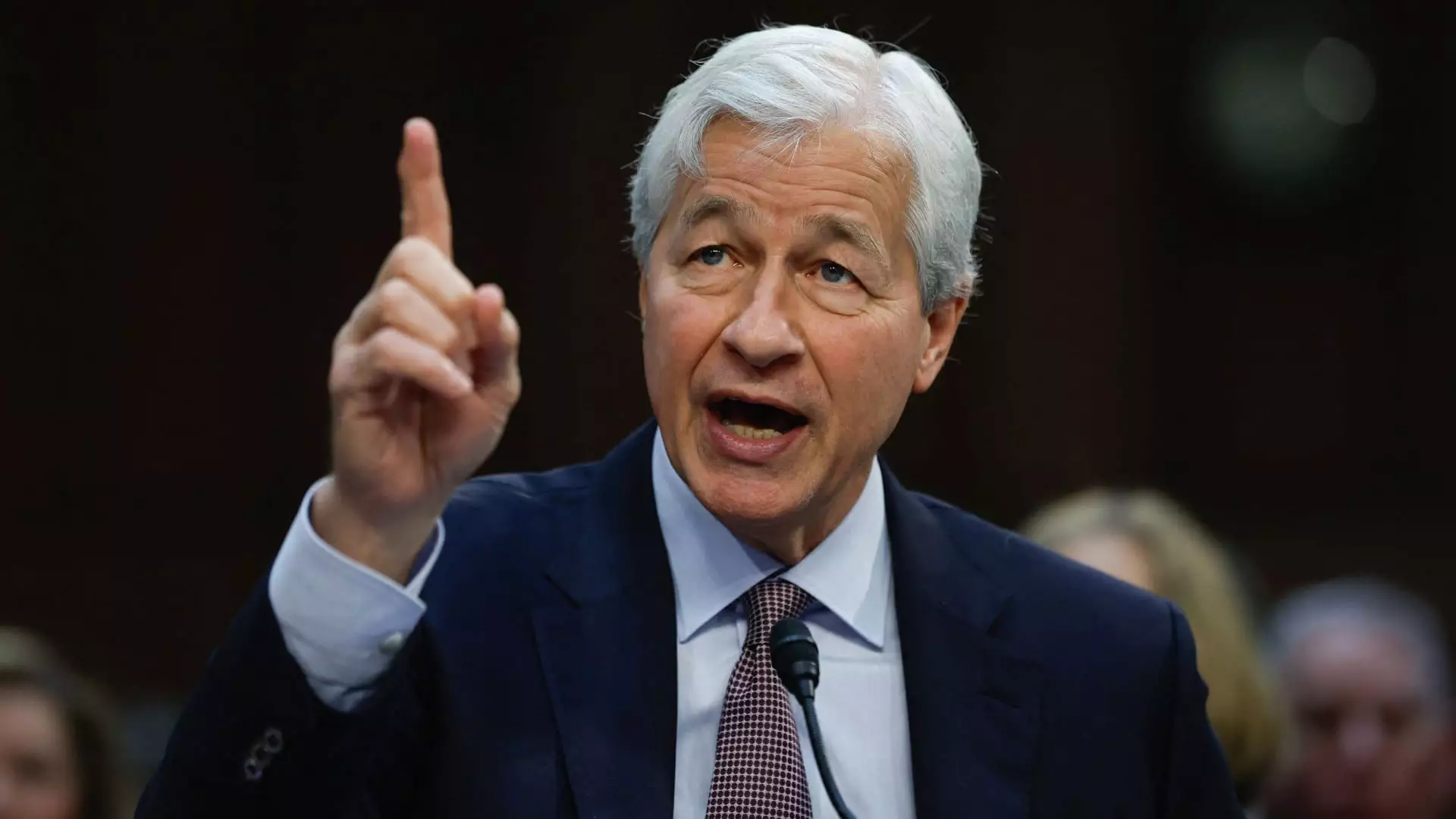The world of investment banking has long been notorious for its intense workload and grueling hours, particularly for junior associates and analysts. Recently, however, major players in the industry are beginning to reassess their practices regarding employee well-being. The tragic death of a young associate from Bank of America has acted as a catalyst for this change, prompting firms like JPMorgan Chase to take substantial steps toward ensuring the health and welfare of their junior employees.
In a significant move, JPMorgan Chase established the position of global investment banking associate and analyst leader, appointing veteran Ryland McClendon to fill this role. This strategic decision is indicative of the firm’s commitment to safeguarding the well-being of junior staff, who often face overwhelming pressure and excessive workloads. McClendon, who has spent 14 years at JPMorgan, brings a wealth of experience in talent and career development, and his focus will be on fostering both the “well-being and success” of junior bankers—a public acknowledgment that the culture surrounding these roles must fundamentally change.
The financial industry does not operate in a vacuum; the pressures it creates have real consequences, as seen in the case of Leo Lukenas III, whose death ignited a broader conversation about the treatment of lesser experienced employees in finance. In the wake of this tragedy, JPMorgan’s higher management has emphasized its responsibility to review and rectify the things they could control. CEO Jamie Dimon effectively represented this commitment, recognizing a need for immediate cultural shifts that prioritize the mental and physical health of employees.
Adapting to this newfound ethic, JPMorgan’s senior managers have initiated a policy that aims to limit junior bankers’ workloads to a maximum of 80 hours per week, with exceptions made only for essential deals. This is a noteworthy benchmark amid ongoing complaints about the traditional practices that have long driven burnout in investment banking. Additionally, Dimon’s candid remarks about the inefficiencies present in the ways bankers managed their time suggest a cultural reckoning in a sector that has previously normalized excessive hours as the price of admission for career advancement.
With Dimon pledging that senior bankers will be held accountable for infractions of this new policy, there is a decisive shift from a culture of blind adherence to tradition, to one that embraces a more balanced approach. Senior bankers are now expected to take accountability not only for their clients but for the teams working under them. This indicates a potential restructuring of power dynamics within teams where leaders are encouraged to prioritize their junior colleagues’ well-being as much as their business objectives.
The changes initiated by JPMorgan Chase signal a profound evolution in the culture of investment banking. The establishment of dedicated leadership roles and the introduction of more humane work practices suggest that firms are beginning to understand the value of their employees’ well-being. While the road ahead may still feature challenges, this shift may lead to a more sustainable and humane environment in an industry long characterized by its rigorous demands. The real testament to the efficacy of these changes will be the tangible outcomes for junior bankers and the overarching corporate culture that emerges in the near future.

